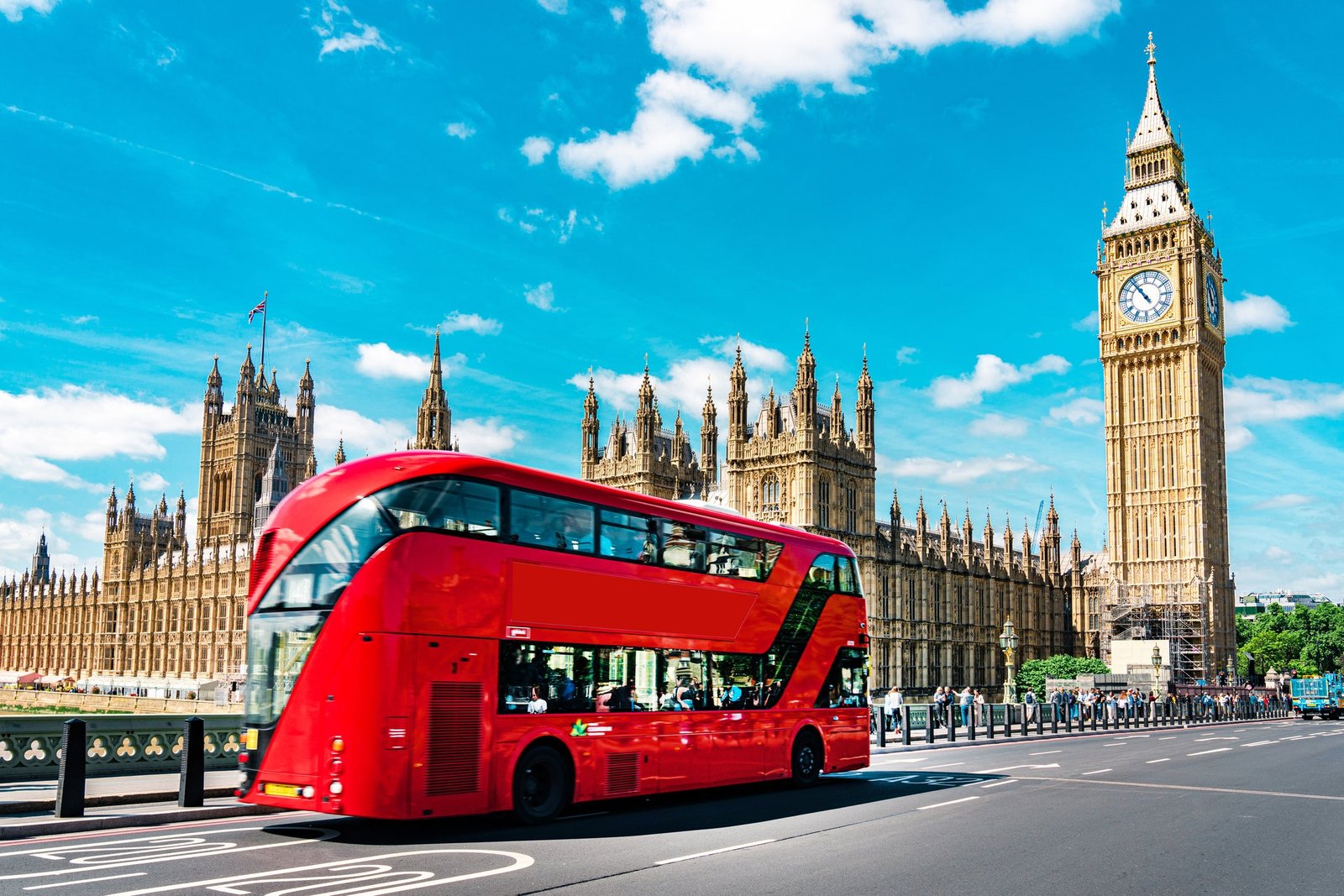The United Kingdom’s government recently announced plans to increase the Air Passenger Duty (APD) for passengers flying in premium cabins as part of its spring budget announcements. The APD is a tax paid by all passengers at least 16 years old departing from a U.K. airport, with airlines including the tax as part of ticket prices and then paying it to the government. The fee varies depending on flight length and class of service.
The newly announced tax hikes will affect both short- and long-haul premium economy tickets and business-class and first-class tickets, as well as those flying in private jets departing the U.K. Domestic flights will not be affected by these increases. The Treasury confirmed that the APD on premium-cabin tickets for the 2025-26 financial year will be 16 British pounds (about $20) for short-haul flights and 224 pounds (about $286) for long-haul flights. This amounts to a 12% increase from the current APD on long-haul flights and a 23% increase on short-haul flights in premium cabins. The increased taxes will be payable from April 2025.
Currently, the APD in premium cabins is 13 pounds for short-haul flights and 200 pounds for long-haul flights. This amount was already due to increase in the 2024-25 financial year to 14 pounds for short-haul flights and 202 pounds for long-haul flights. The Treasury stated that the 2025-26 APD rates for economy passengers will increase in line with forecast Retail Price Index (RPI), rounded to the nearest pound. Rates for those flying premium economy, business, and first class, as well as private jet passengers, will also increase by forecast RPI and will be further adjusted for recent high inflation to help maintain their real terms value.
The Treasury expects the new APD to raise an extra 110 million pounds between 2025 and 2026, as well as another 10 million pounds a year for each year after that through 2028-29. However, this decision to increase APD has been met with criticism from industry leaders, with Tim Alderslade, CEO of Airlines UK, stating that it goes against the Prime Minister’s commitment not to discourage flying through taxation. He believes that hitting passengers with stealthy tax rises will only make the UK less competitive on the global stage, as aviation taxes and airport charges are already among the highest in the world.
The APD for flights from U.K. airports was already notoriously high, and frequent flyers are unlikely to welcome this news. However, it is important to note that these fees will only affect flights departing from the U.K. and not those arriving. For those looking to avoid paying the U.K.’s higher taxes and fees on premium cabins, the best solution is to fly from mainland Europe, traveling there by either rail or by flying on an economy ticket.
In conclusion, the increase in the Air Passenger Duty for passengers flying in premium cabins from U.K. airports will have financial implications for travelers, particularly those flying in premium classes. While the government expects to raise additional revenue through these tax hikes, industry leaders have raised concerns about the impact on competitiveness and consumer choice. Ultimately, travelers will need to consider these increased costs when planning their future trips and explore alternative options to mitigate the financial impact.

